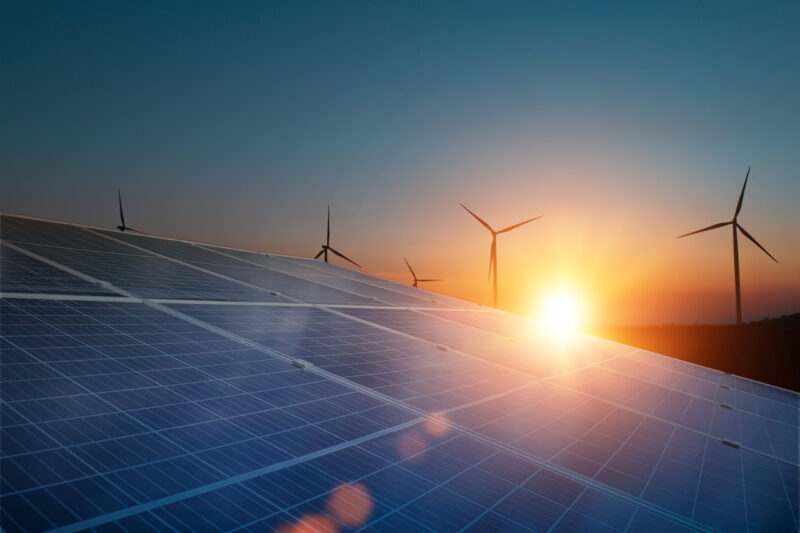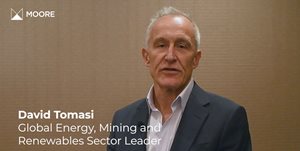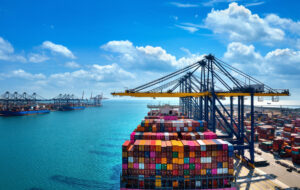The pace of transition from fossil fuels to renewable energy is likely to pick up in 2024 after the unexpected support among world leaders for energy transition at the COP28 climate summit in Dubai.
A communique that signalled the world was moving “away from fossil fuels” represents the first agreement on the phasing out of coal, oil and gas in almost three decades of negotiating.
Now business is going to have to redouble its efforts towards net zero on a timetable that remains extremely challenging – not least because much of the technology required has still to be proven, or even invented.
Oil and gas, arguably the industry with most to lose from this new accord, is showing the way forward by investing in technologies and practices that enhance energy efficiency in their operations. This includes the use of advanced monitoring systems, energy-efficient equipment and improved processes to minimise power consumption.
Abraaj Energy, an Oman-based drilling company, is a good example of how little changes can make a significant difference. It aims to be carbon neutral by 2030 by replacing diesel generators on rigs: it is relatively straightforward to switch to liquefied natural gas (LNG) or hydrogen and we will see more of this.
A lot of older infrastructure is likely to be replaced with more efficient and environmentally friendly processes – for example, the use of solar energy to generate steam for enhanced oil recovery is a process that is driven by necessity but has been improving all the time.
In an effort to reduce emissions from vehicle fleets, oil and gas companies are introducing electric vehicles to their operations. For example, they are using electric-powered trucks and other vehicles for transportation within facilities.
Companies are finding these adjustments to the way they operate relatively straightforward but the step-change needed to reach net zero requires the widespread adoption of Artificial Intelligence (AI) to help figure out how to evolve some of the most promising technology advances into practical, cost-effective products and services.
The push towards clean energy is partly driven by stakeholder and investor pressure. The sustainability agenda is now firmly entrenched in every boardroom and traditional oil companies are struggling to demonstrate they are on the right side of history.
A pledge by 50 of the biggest oil and gas companies at COP28 to reach near-zero methane emissions by 2030 as well as net-zero carbon emissions in their energy use and production by 2050, received a lukewarm response, according to a Reuters analysis. It reported the commitment is not enough to convince many sustainable fund managers to include the companies in their portfolios because it omits pollution from the use of oil and gas.
It seems likely that oil and gas companies will be even more focused on transparency around ESG (environmental, social and governance) and sustainability reporting to stakeholders. Increasingly, they will be looking for independent assurance to avoid being accused of “greenwashing”.
This inevitably has a knock-on impact on the supply chain made up of mid-sized companies that do not always have the financial firepower to make the changes to their business models and operating practices that may now be required to secure contracts.
The harsh reality is they need to have a clear transition strategy in place and a sensible roadmap towards increasing the use of sustainable energy in their operations.
It is no long enough for mid-tier suppliers simply to persuade the procurement director for a large oil company about their effectiveness and ability to do the job. Soon, every aspect of their operations is going to be scrutinised closely by shareholders, employees, customers and governments.






















